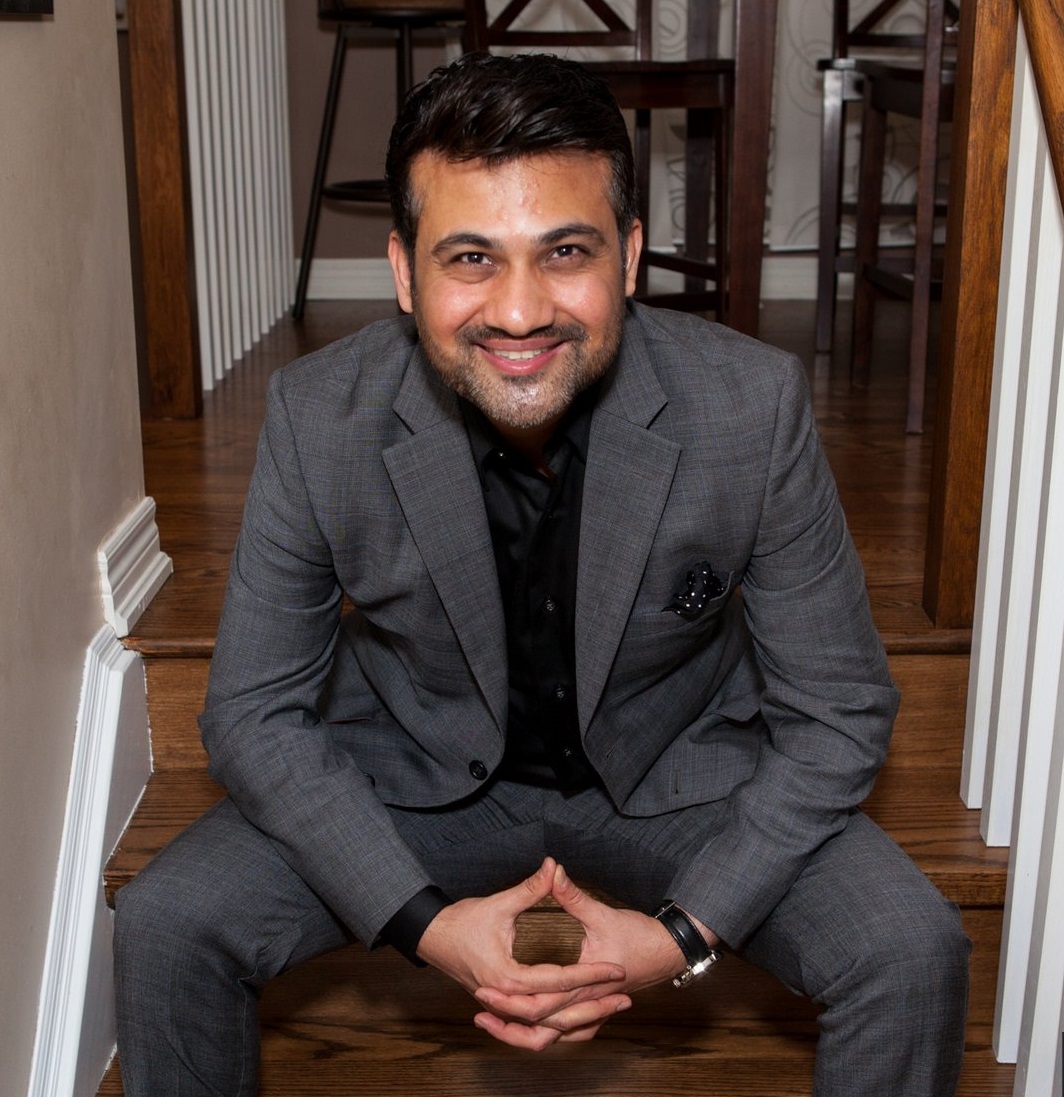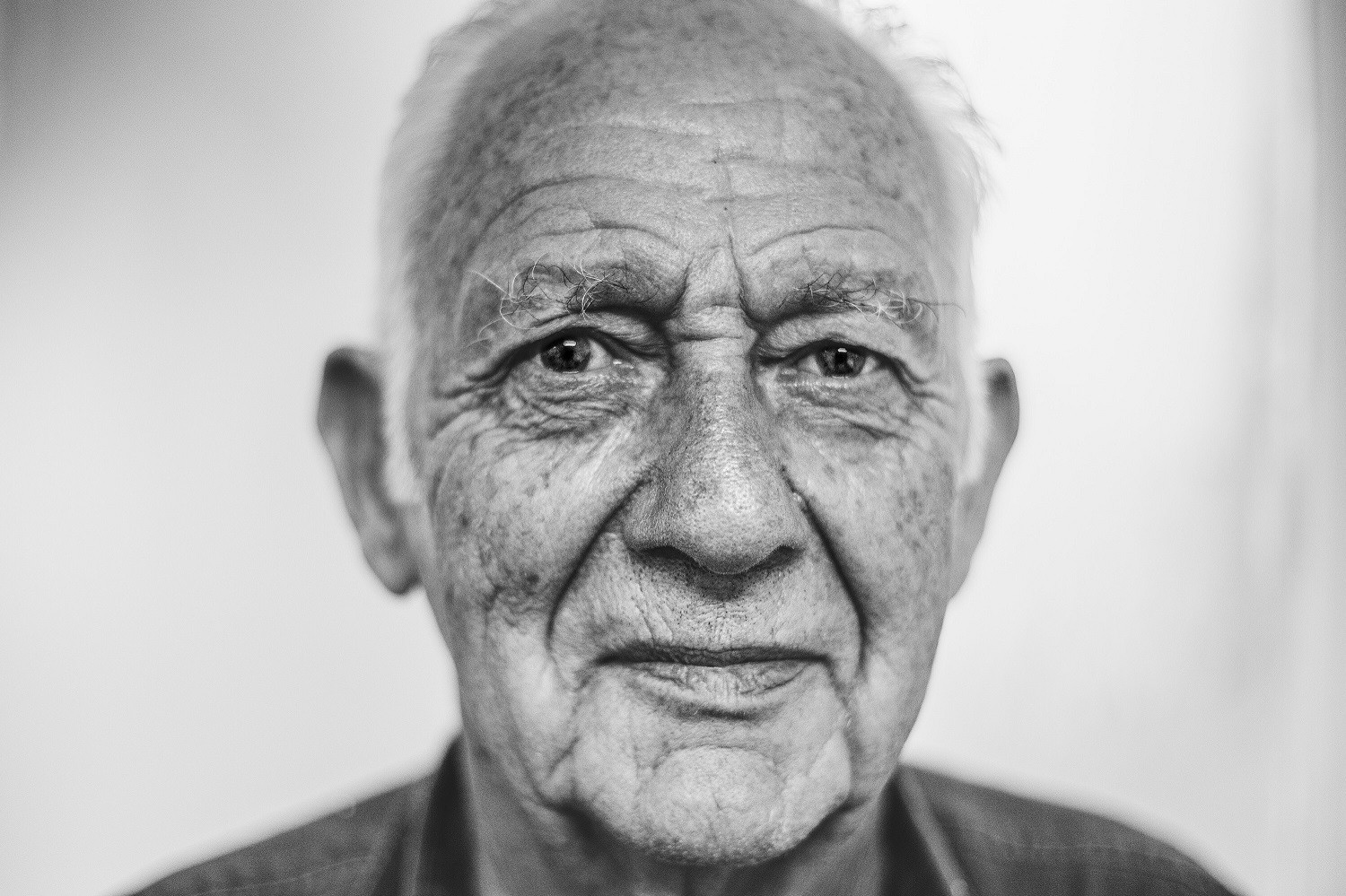I read a wonderful article by Bob Patton on the true meaning of human legacy. Bob’s inspiring story about his father-in-law instantly reminded me of my mother’s uncle who for many years has been an inspiration for me and many others I’ve known.
His life’s work is not fully represented by the professional stature that he rose to as the President of one of the biggest global financial institutions of the world, but by the innumerable souls that his most humble and compassionate acts of kindness touched. Reflecting on his unwavering strength of character has provided me solace in the toughest of times. I always heard him say that the true measure of an individual’s character is how he treats a person who cannot do any good to him. Through his selfless devotion to the good of humanity, he brought to life the profoundness of the adage:
“Carve your name on hearts, not tombstones. A legacy is etched into the minds of others and the stories they share about you.”
A few years ago, when I was working for a large bank in Pakistan, I got a call from one of my Regional Sales Managers one afternoon, requesting my availability for a meeting with a high-net-worth client. I asked for the intent of the meeting and agreed to meet the client although given the level of delegation prevalent in the organization, I seldom needed to meet with clients personally.
The next morning, I looked through the glass wall of my office to see the gentleman in his late 50’s, gracefully attired in a glen plaid flannel suit slowly walking up to my office with a walking stick tightly gripped in his hand. As he entered the office, accompanied by one of my colleagues, I stood up to greet him and we sat down to talk. We hardly talked for five minutes before I decided to sign his request concerning his mortgage with the bank. We then moved to talk about the state of the banking business and the economy in general. The conversation soon turned to the particular bank which was headed by my mother’s uncle until only a few years back.
The gentleman reminisced his good times as the bank’s client. He explained how the world used to be a better place when institutions were run by self-effacing, gracious and kindhearted men and women with the underlying vision to promote a human cause.
He then went on to tell me a story concerning my mother’s uncle without knowing my relationship with him. He told me about the many people who applied for work at the bank despite not having the requisite qualifications or experience. Job applications from talented but financially less privileged candidates that would make it to the President’s desk were seldom rejected.
Surprised at this, I asked him why the President would allow hiring an unqualified employee. His voice started to crack and tears appeared to roll down his old wrinkled cheeks as he responded. I could not have been less prepared to handle an elderly sniveling gentleman in my office on a fine Tuesday morning. Extending a tissue box across the table to him, I quickly glanced through the glass wall to make sure this anomalous situation wasn’t attracting any unwanted attention outside in the hall.
He took a pause, smiled and said, “He wouldn’t keep them on the bank’s payroll but pay their salaries from his personal account and let them upgrade their education while getting practical experience at the bank. He had been doing that for years and had made the necessary arrangements so that they would never know who paid their salaries. Consider it an unpaid internship for the bank’s official purpose.”
Completely astonished by what I had just heard, I found myself unable to speak for a moment. He continued, “I am privy to this inside scoop due to my father’s friendship with the bank’s President. He had hundreds of people getting their salaries right out of his investment income without anyone but only the very close friends knowing about it.” All his philanthropic work and the enormous charitable funds he had founded (that the public knew about), comprised only a fraction of his selfless acts of giving at a personal level.
I attempted to contemplate what that would have meant for the beneficiaries. I could picture this one individual being the sole reason for hundreds of families getting their livelihood, being able to send their children to schools, providing for their aging parents and doing all this without a shard of damage to their dignity.
I shook the gentleman’s hand and thanked him for sharing one of life’s most meaningful lessons with me. As he got ready to leave, I thought for a moment that I should let him know that I am related to the person he so greatly revered, but decided against it. After he had left, I sat at my desk feeling deeply moved by what I’d been told. There are people in our midst who choose to bequeath values and not valuables to the world as their legacy. What’s more, they don’t care about getting anything in return. In fact they do whatever is necessary to stay behind the scenes.
I understood that day how true human legacy outlives personal fame. Throughout our lives, we strive to be known for our success. We get famous for what we achieve in life; everything that we own–our wealth, our education, our professional titles and our accomplishments. Still, what we fail to realize is that these things are an integral part of our mortal selves; when we die, our fame dies with it. What lives on is how we made others feel, how we treated the people around us and how we made their lives better.
It is the story that a parent passes on to the child that lives on. It is what you create for the world and not what you acquire for yourself that lasts. If we try to use the latter to achieve the former, we leave a legacy behind long after our fame has disintegrated into memories. Legacy is not a memory; it is your life’s story–living and breathing like a pulsating heart. It is the change you bring about in this world.
In Bob’s words, “Legacy is built by living your values consistently on a daily basis.” Legacy is making the world a better place with your character, helping one person at a time. Everyone has a story; everyone has a legacy. Our legacy reflects our understanding of the life’s purpose. If only we had the courage to ask ourselves how we would like to be remembered, we could take control of our own story to build a lasting legacy.
© Majid Kazmi 2017
Majid Kazmi is an entrepreneur, community leader and board member based in Toronto. He is a Partner & Co-founder at uGen Group (www.ugen.ca), and the Co-Founder & CEO of Valu Ventures Inc. (www.valuventures.ca). He is a former Board Member at Toronto Workforce Innovation Group and H2O4ALL. Kazmi tweets as @MajidKazmi1. Click here to see his personal website.


